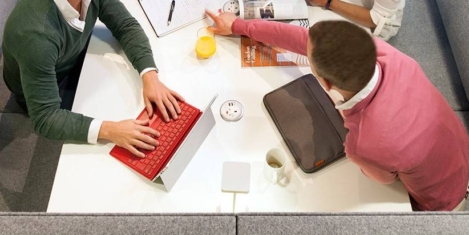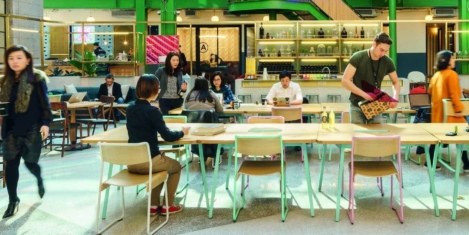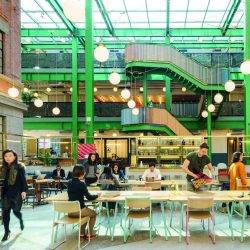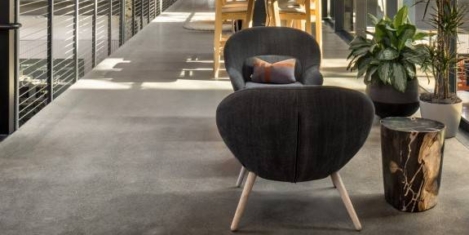April 5, 2019
Digital inclusion empowers women but does not lead to better jobs
 All European regulatory frameworks cite technology as a key factor in promoting competitiveness and innovation, and right alongside it is its greatest tool, the population’s digital inclusion. Digital inclusion makes it possible to develop human capital able to adapt to labour market challenges and contributes to ensuring equal opportunities in terms of accessing online resources related to work, education and social participation. Is this inclusion, however, sufficient in itself to ensure improved economic status and equality? According to the results of a study produced by Lídia Arroyo, a researcher at the Universitat Oberta de Catalunya IN3 GenTIC research group, the answer is no. (more…)
All European regulatory frameworks cite technology as a key factor in promoting competitiveness and innovation, and right alongside it is its greatest tool, the population’s digital inclusion. Digital inclusion makes it possible to develop human capital able to adapt to labour market challenges and contributes to ensuring equal opportunities in terms of accessing online resources related to work, education and social participation. Is this inclusion, however, sufficient in itself to ensure improved economic status and equality? According to the results of a study produced by Lídia Arroyo, a researcher at the Universitat Oberta de Catalunya IN3 GenTIC research group, the answer is no. (more…)





































April 3, 2019
Coworking and a new golden era for the workplace and the people who inhabit it
by Gary Chandler • Comment, Coworking, Workplace design
(more…)